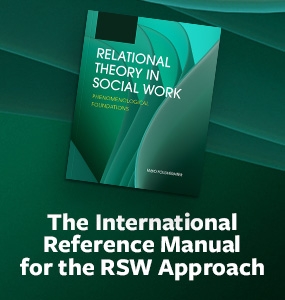The importance of Centres for Social Work in improving the quality of life of the elderly in times of inflation. Evidence from Canton Sarajevo
Sabira Gadžo-Šašić
This paper discusses the importance of Centres for Social Work (CSWs) for the quality of life of the elderly, considering that in Bosnia and Herzegovina (BiH) they stand out from the set of institutions that provide social protection services to the elderly and other marginalised groups. These institutions are established: pursuant to the Law on the Basics of Social Protection, Protection of Civilian War Victims and Families with Children of the Federation of Bosnia and Herzegovina (FBiH) and operate in line with cantonal regulations (Article 49); pursuant to the Law on Social Protection of the Republic of Srpska (RS) in line with municipal regulations (Article 100); and pursuant to the Law on Social Protection of Brcko District, upon decision of the Assembly (Article 19). Since social protection in BiH is regulated by numerous regulations at multiple levels, for the purposes of this paper the interviews covered social workers in CSWs in Canton Sarajevo. Interviews consisting of 13 closed and open questions were conducted with all eight (8) social workers engaged in provision of social protection services to the elderly in Canton Sarajevo. The paper therefore presents empirical findings related to the structure and scope of services provided by CSWs to the elderly during the most recent crisis (inflation). The research objective was to determine whether the number of older persons seeking to exercise their legally guaranteed right to social protection in CSWs in Canton Sarajevo has increased during global inflation due to reduced quality of life. The paper includes insights on the social workers’ response in anticipation of an influx of applications for various types of support.
Keywords
Centre for social work, quality of life, the elderly, inflation.




